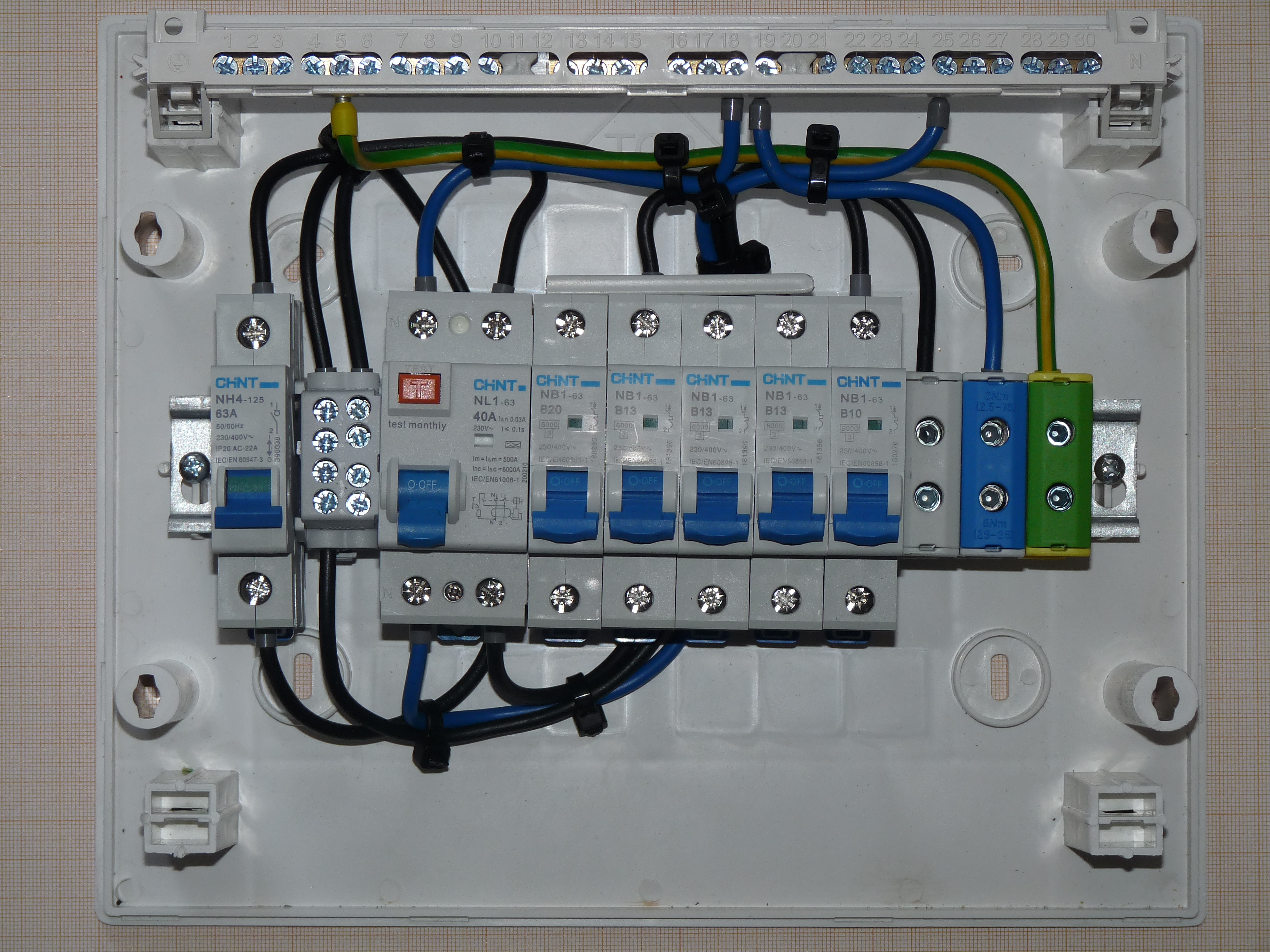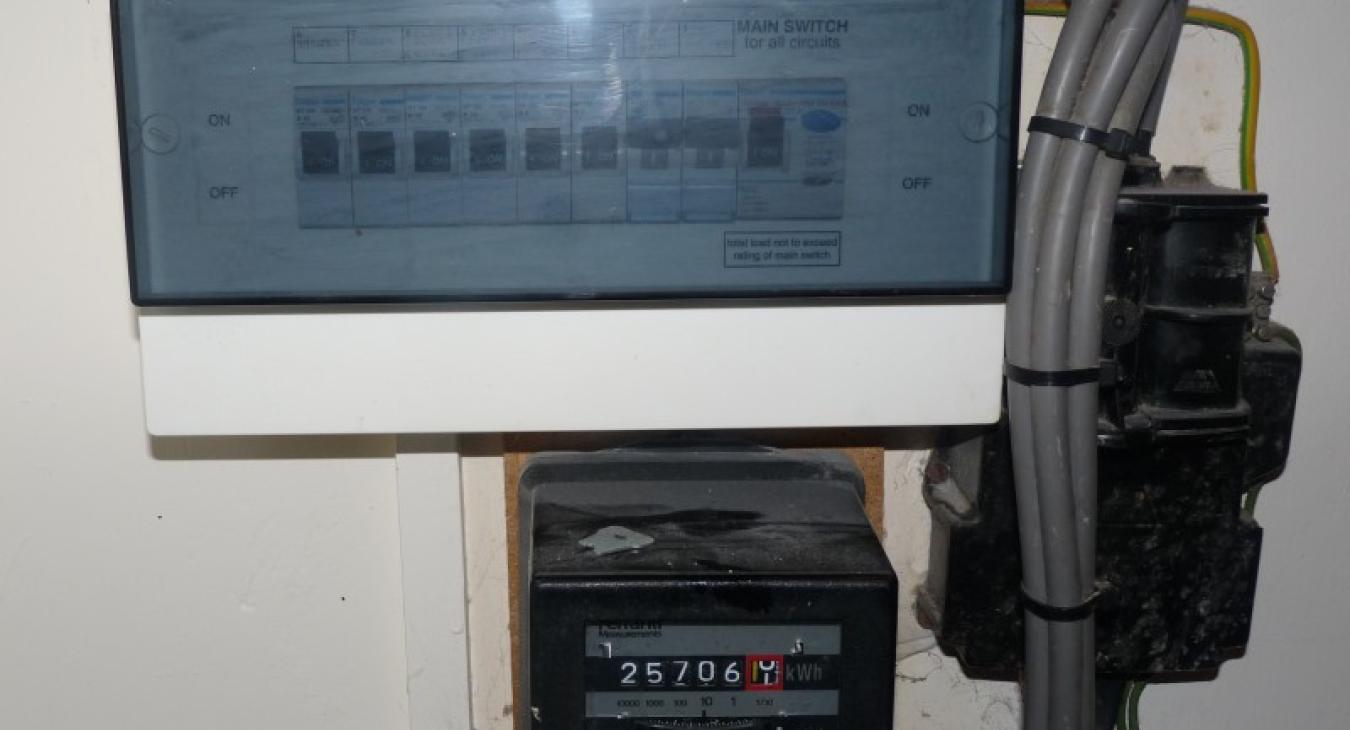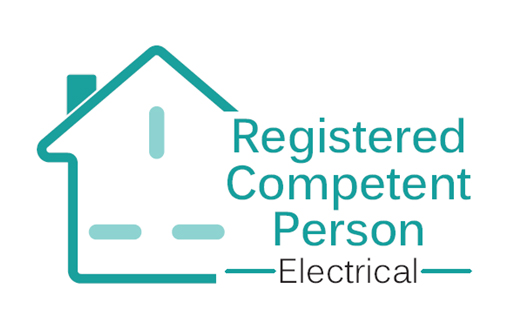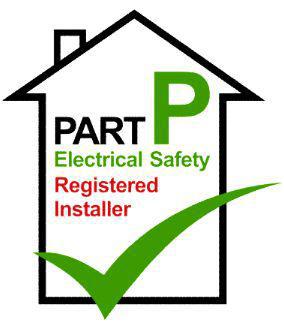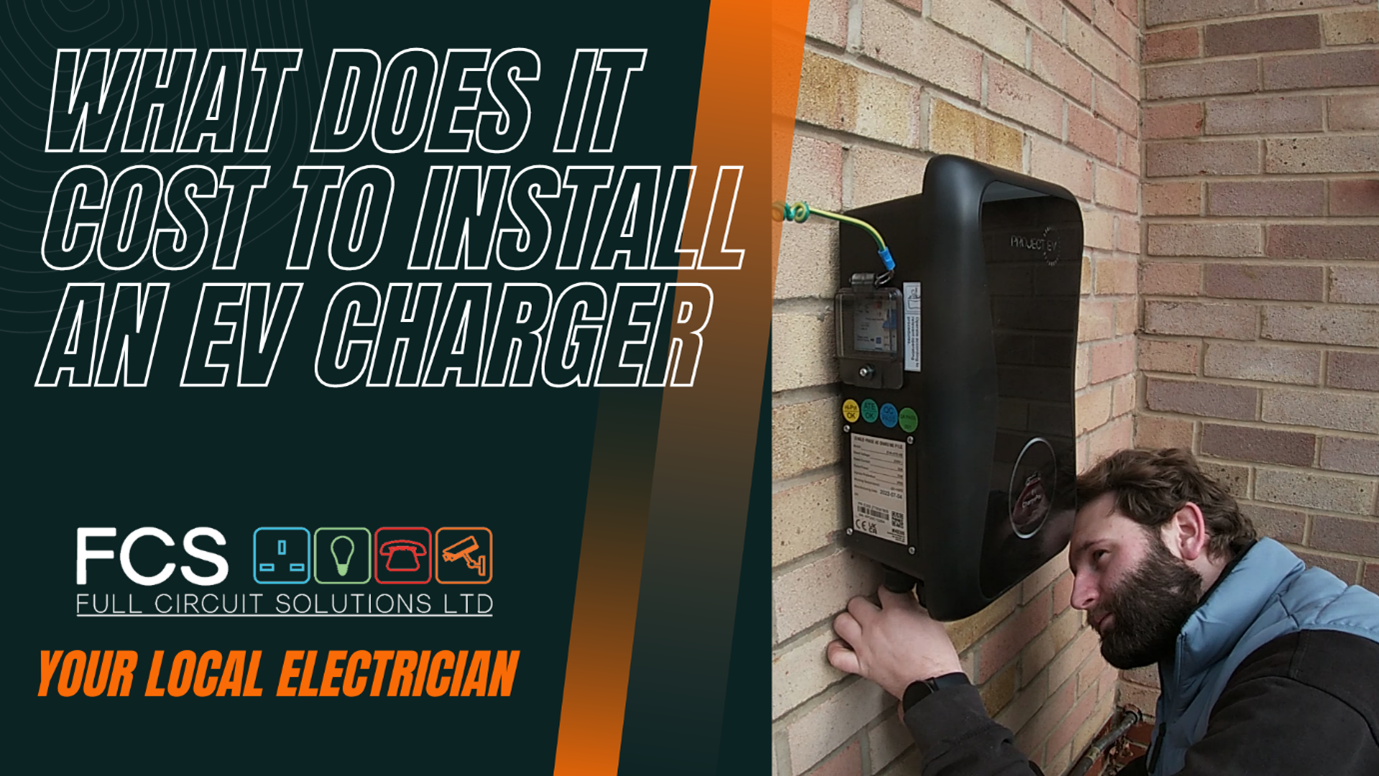Probably one of the most common pricing questions I get asked on a weekly basis is 'how much will it cost to change my fusebox?' or just as often, 'does my fusebox really need replacing?
Working around Harlow in Essex, a town which was built as an overspill from London after the war ended, the usual answer to the latter question is 'if you've not had any significant electrical upgrades in the last 10 to 15 years then your more than likely due an upgrade'.
The answer to the first question is much more complex, but give me 5 minutes of your time and I'll try to educate you enough that you'll understand the value and importance of not only a fusebox upgrade but selecting an appropriate electrical contractor to complete the works for you.
What comes first
The first thing you should be asking your chosen electrician to be doing is popping round to see the property. Myself, if a potential client is looking to have their fusebox replaced with a modern 18th edition consumer unit, the first thing I want to do is pop round to view the property and discuss the process. Whilst I'm there I'll take a look around and do some basic visual inspections. If there are any red flags or immediately obvious points of failure I'll bring these to the homeowners attention immediately. I'll run my eyes over the existing fusebox and the distribution networks gear. This will give me a good idea on the age of the installation and using my experience I can notify the homeowner of any common faults installed on properties of a similar age.
Next comes the testing. Before any major electrical work is completed, a full and comprehensive electrical installation condition report (EICR), formerly known as a PIR or periodic inspection report must be carried out. This is unfortunately the part of the job that everyday clients and unaware customers don't anticipate. And this is also one of the major areas in which a rogue trader will take advantage!
What you must understand is that for a replacement consumer unit to be installed it must first be proved that the current installation is of a satisfactory condition and fit for continued service. As with all things in the health and safety world, it's a box ticking and butt covering exercise. As a general rule of thumb we allow for around 30 minutes per fusebox or consumer unit and another 30 minutes for each circuit. The way in which we charge for this type of work for out domestic customers is a pretty standard rate of £70 for each fuse box or consumer unit in the installation and £17.50 for each circuit. So to do some maths, if you have a standard 3 bedroom house, with a standard electrical installation, you'll be looking at an EICR cost of somewhere between £192.50 to £245 +VAT. To have everything thoroughly checked and tested, you would be looking at close to a day's work for one person including all paperwork.
Not having an EICR completed first puts you into an indefensible situation that once the fusebox is changed, you may be hit with extortionate additional works that are necessary for your certification. Or worse still, if you've found yourself a particular kind of special electrician that hasn't done any testing, they'll reinstate your potentially dangerous installation knowing that it's wrong and you might even be lucky enough that they'll generate you a phony certificate!
Part 2 - the upgrade
Lets assume that you have had everything tested and lets assume that it is all satisfactory. What happens next.
Once the EICR is completed I would have a clear picture of the installation and what materials and parts are needed for the fuse box upgrade. I'll also have a good idea of how much time it's going to take.
So let's get down to the bit that your here for, what's it going to cost.
Lets put a basic list of materials together and see what that comes to first.
What we'll need
- 1 main switch and surge protection device 10 way 18th edition enclosure @ £82.50
- 10 RCBO's - these are the circuit breakers inside the enclosure @ £186
- 1 100a tails isolator @ £18
- 2 meters of meter tails @£23
- 2 meters of main earthing conductor @ £ 11.50
- 1 tails gland kit £8 Labour to install and provide all necessary paperwork including notification to building control
- Labour £325
- Materials £329
- Cost £654 + VAT
I often hear from people that say they have had their fusebox replaced or they have had an alternative quote for anywhere between £350 to £500 to complete the same job and honestly it makes me cringe. I sometimes wished I had the confidence to tell people that if they're going to pay someone less than £500 to replace their fusebox that they would be better off leaving it alone as at that price it will probably be left in a more dangerous state than how it is currently installed.
There is only three ways that I can think of someone had this job completed for that sort of cost.
- It wasn't an electrician or it was an electrician that doesn't work for themselves during their regular 9 -5 Its little wonder that statistics show that 90% of small business fail within their first three years. Kiss goodbye to any warranty of after support when Mr cheap as chips goes bust!
- Substandard or stolen materials More common than you'd think and ties in with the above point. Mr 'E' works for 'ABC electrical' from Monday to Friday. On Saturday he's fitting you a new shiny consumer unit that he's taken from that large new build development down the road he's been working on. He reckons he'll be in and out in 4 hours. £100 an hour - slap, dash, quick cash!
- And finally, it wasn't tested (there's no paperwork or certificate) what paperwork? Oh I didn't know you wanted paperwork. That's extra! Warranty? That's also extra!
